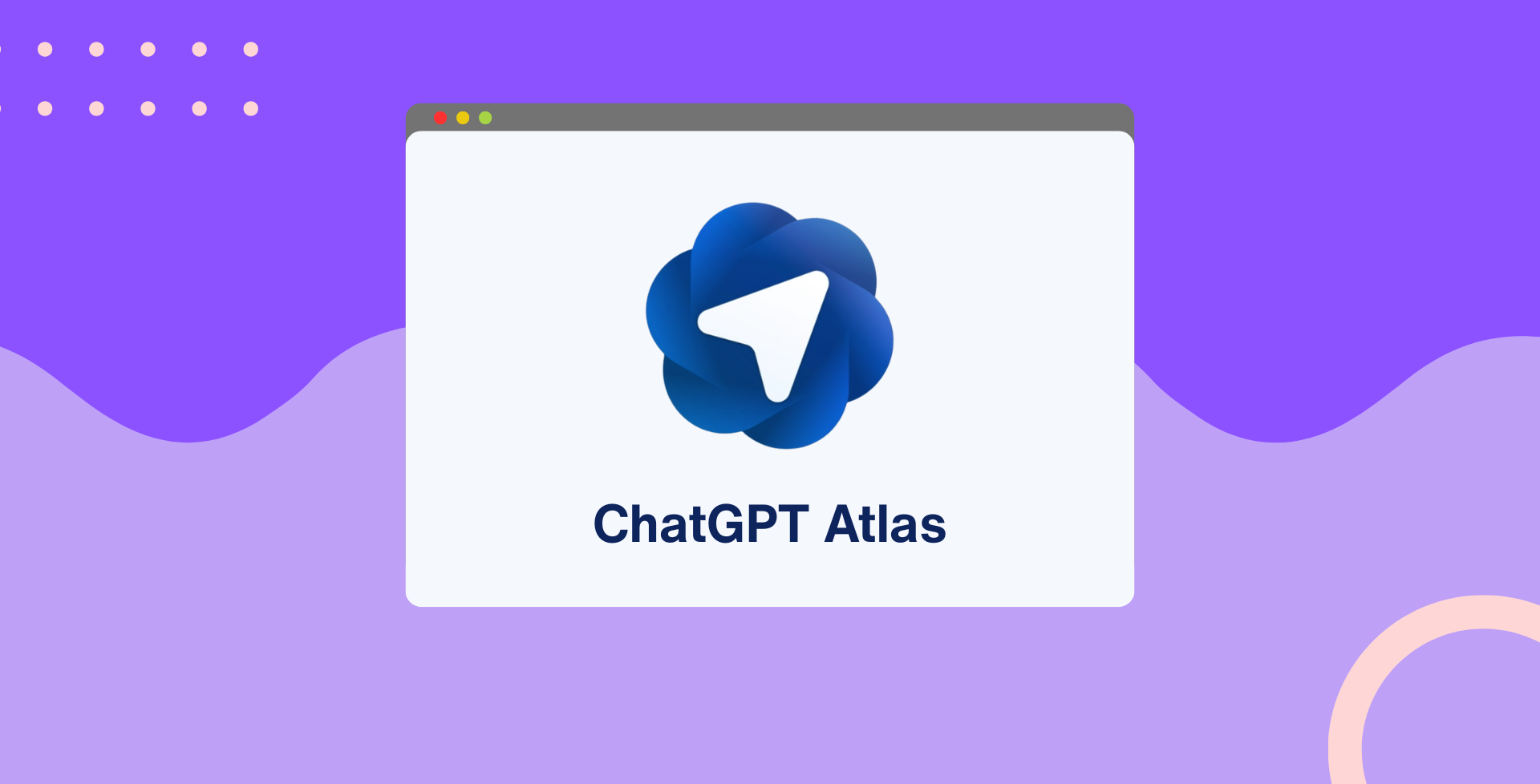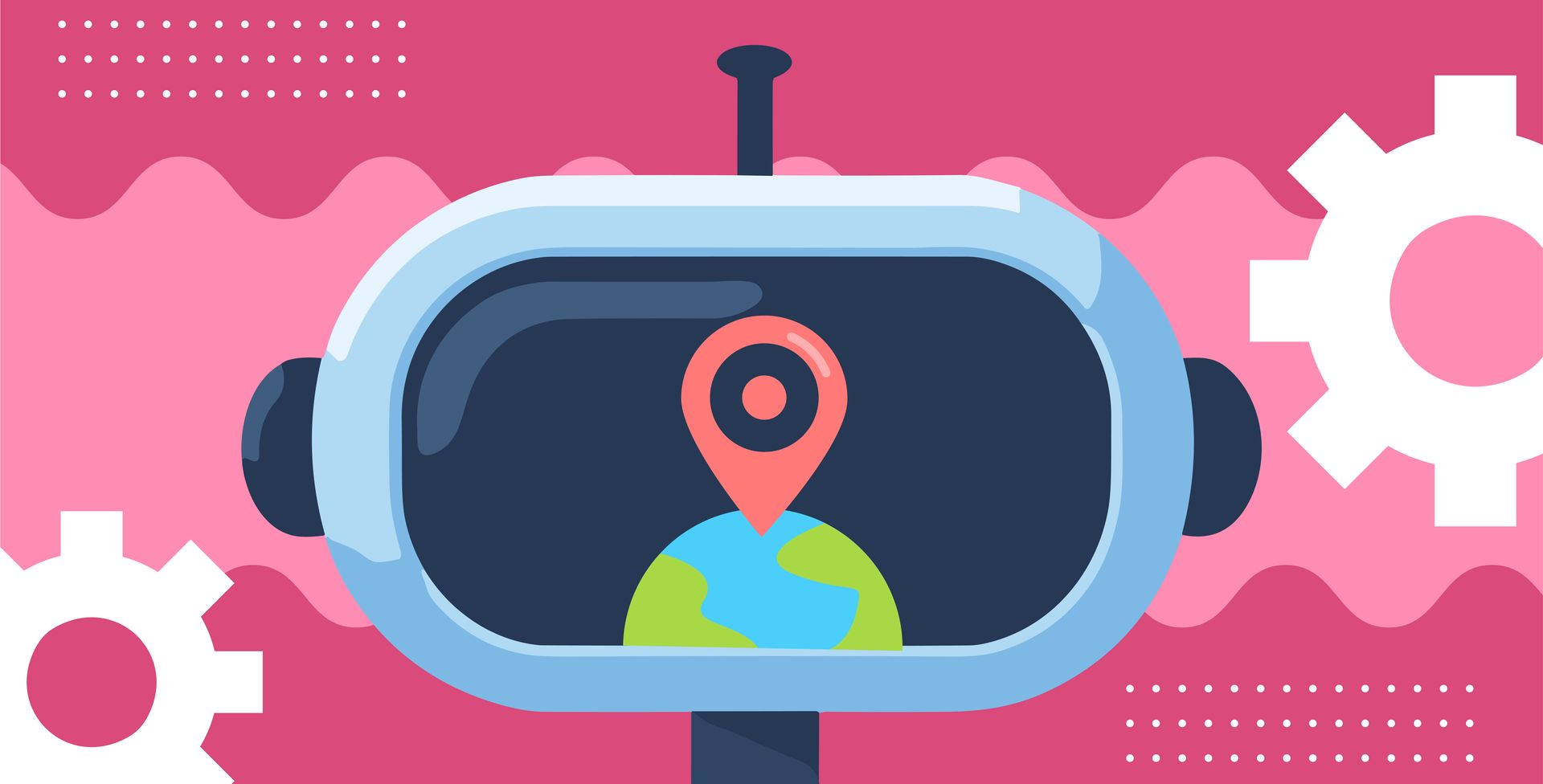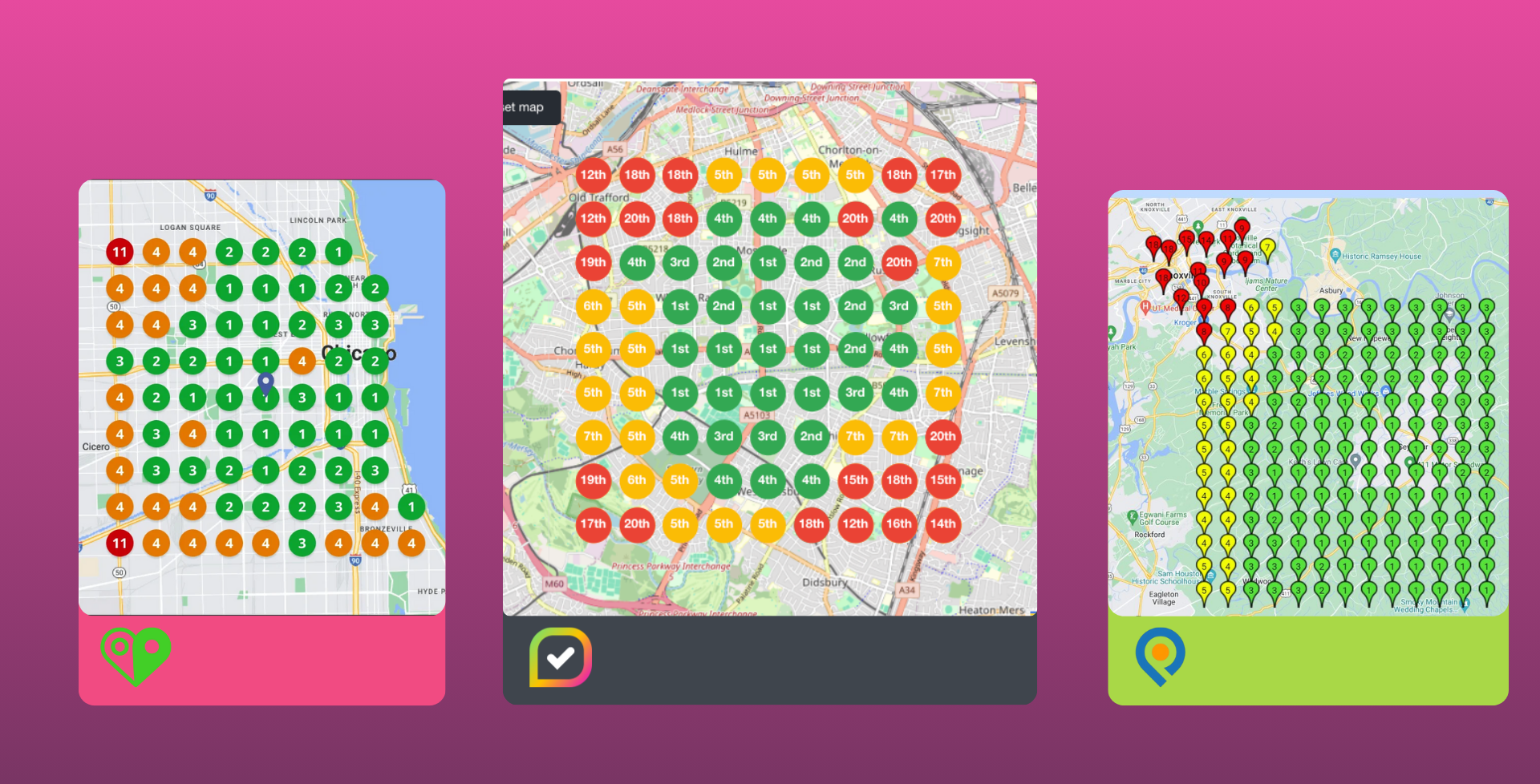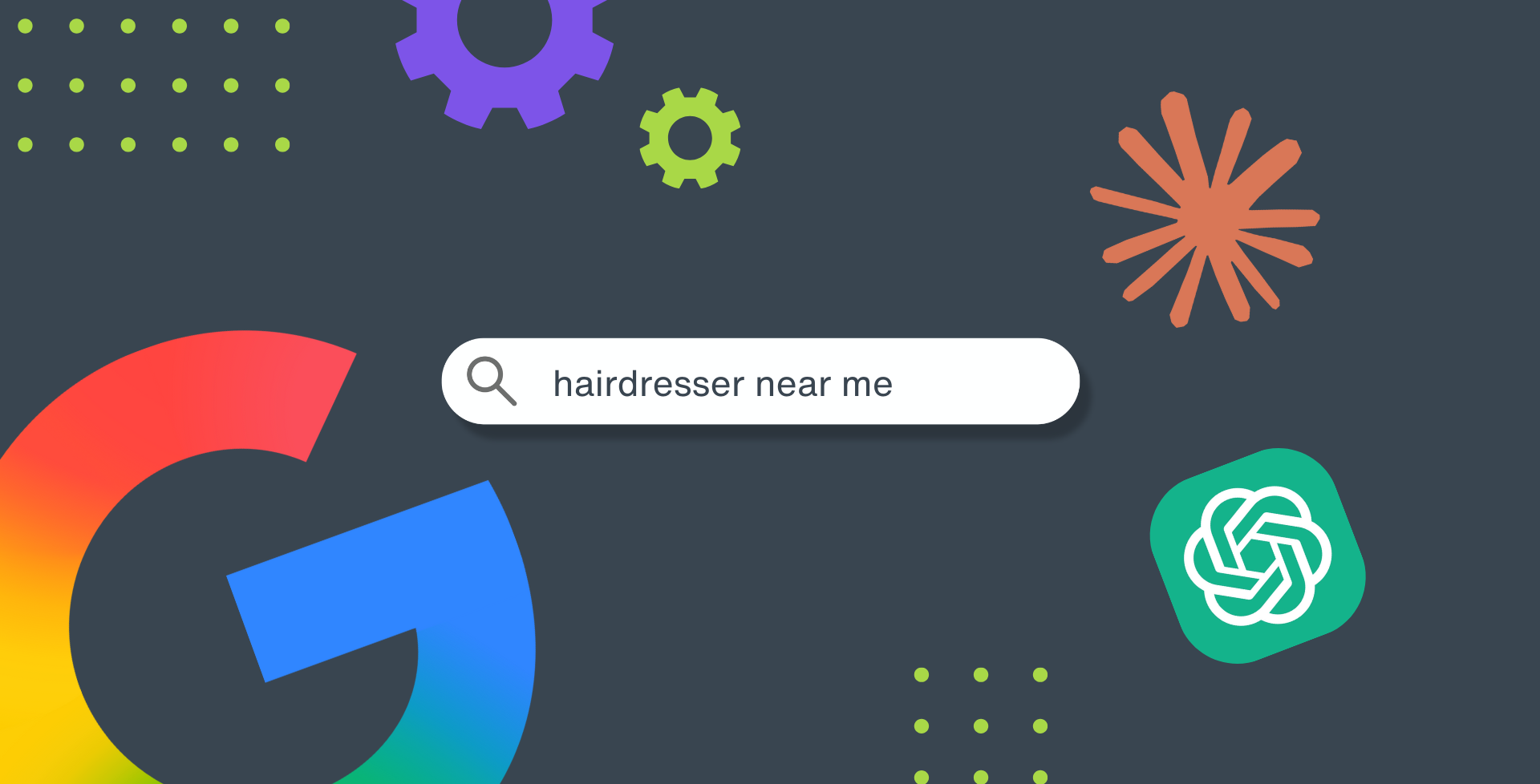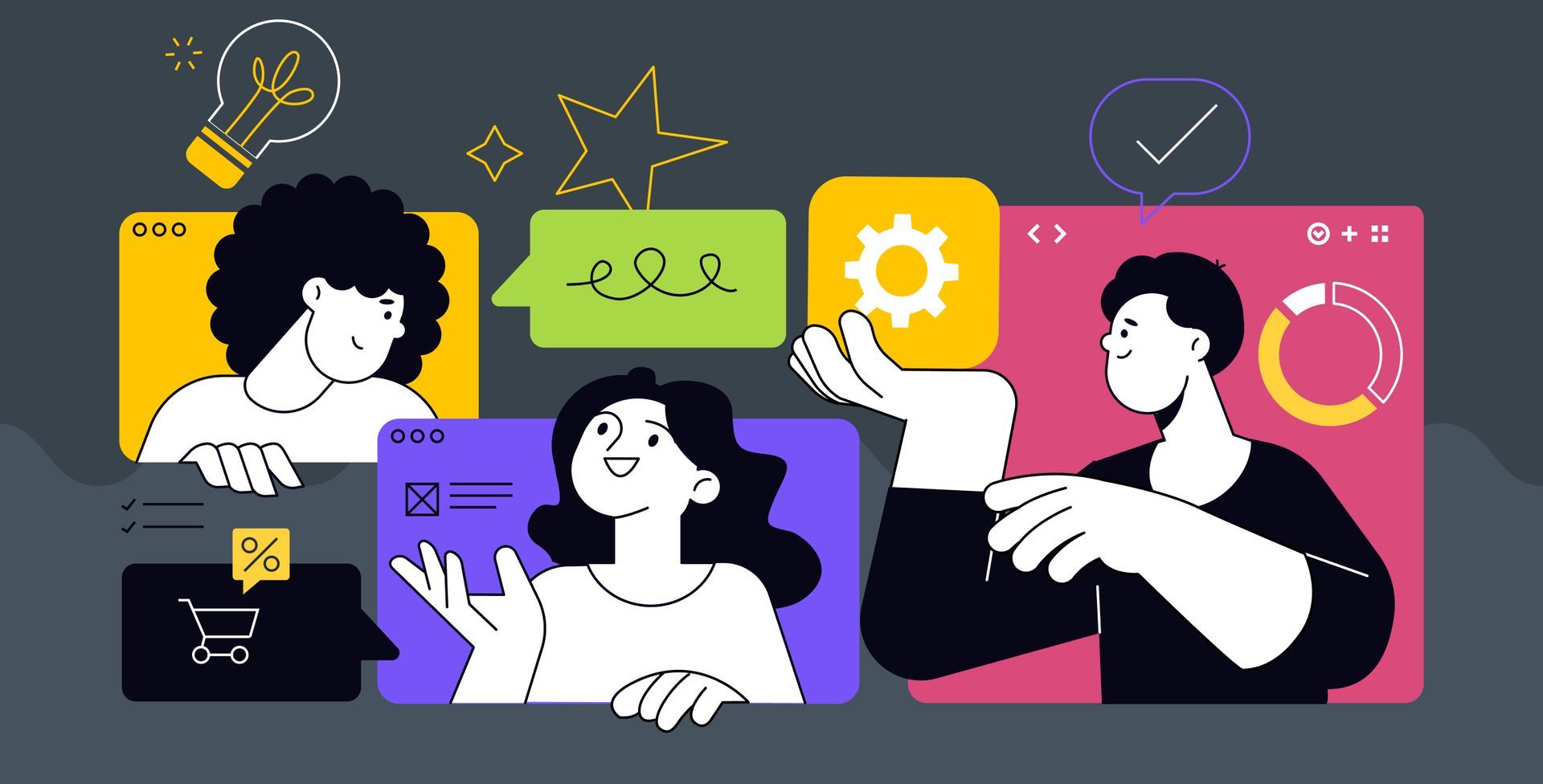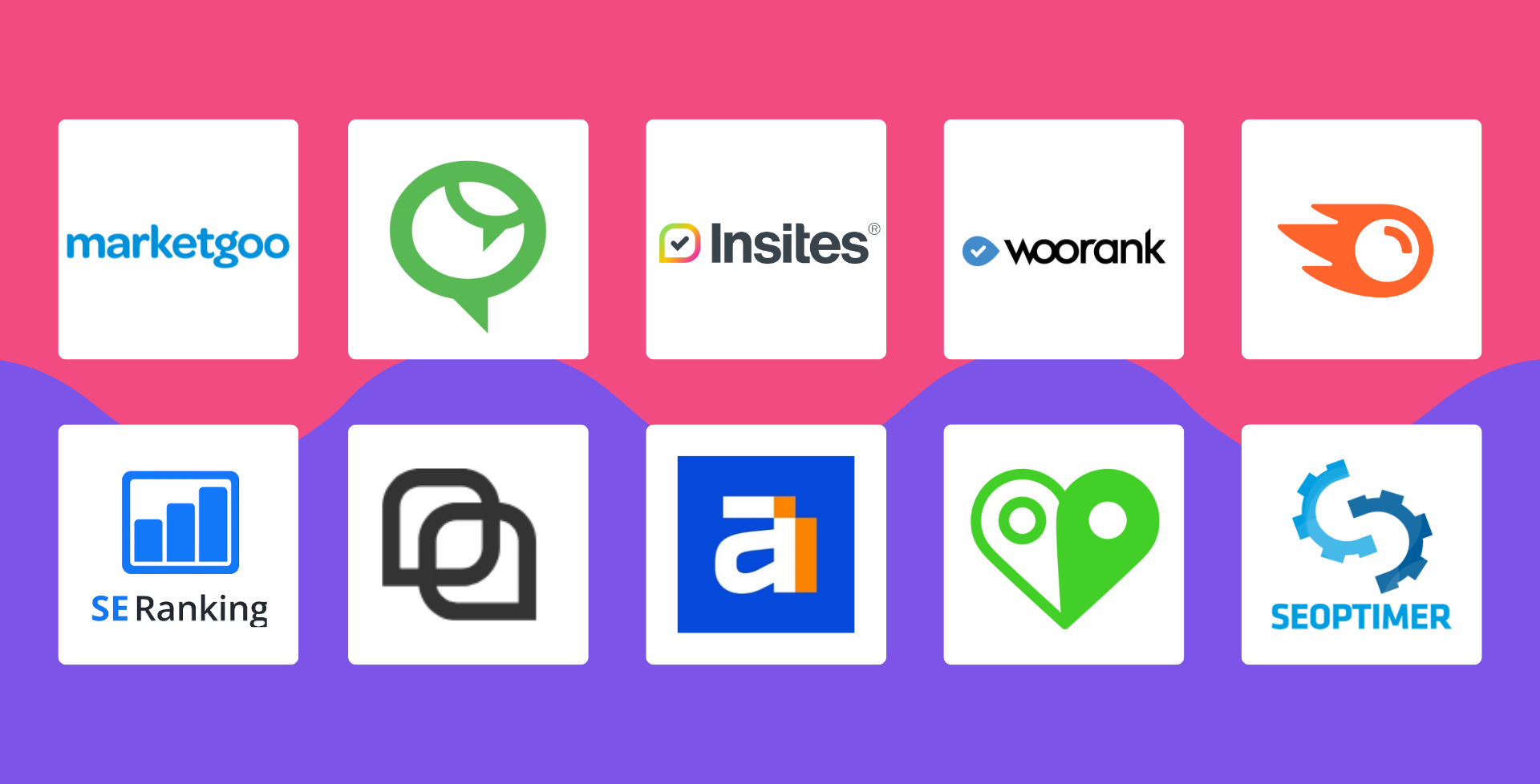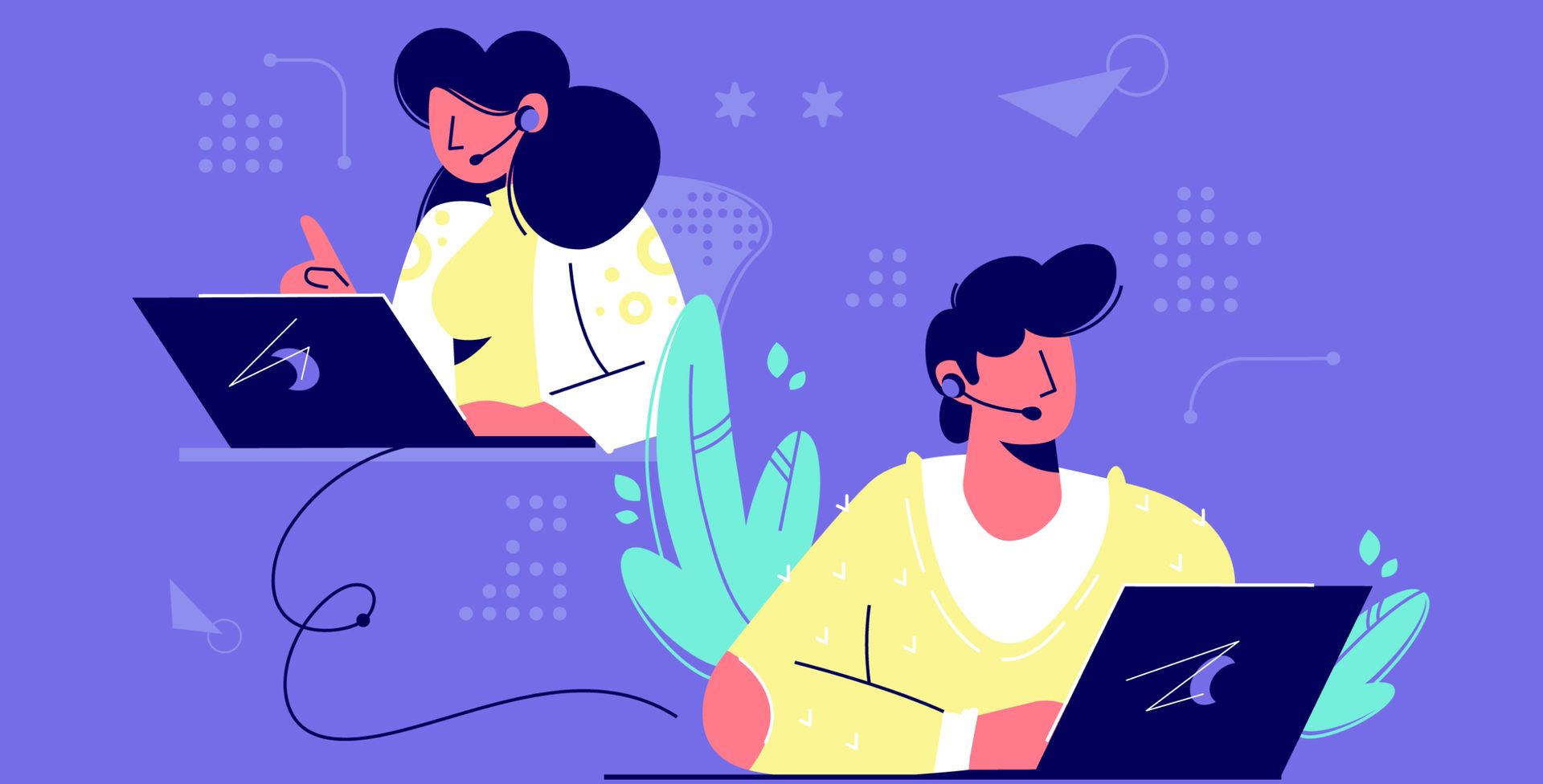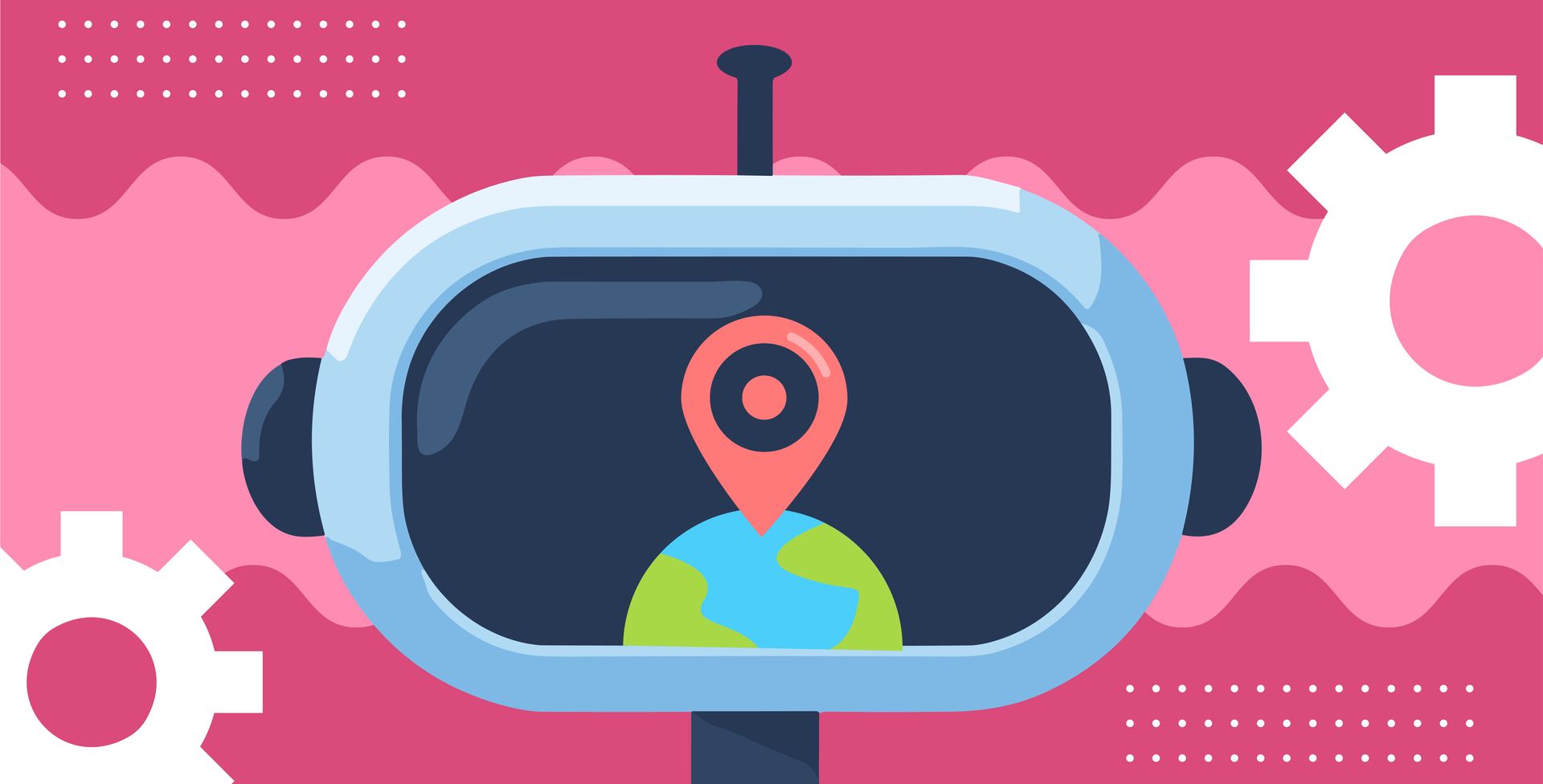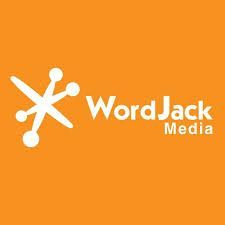How should digital marketing agencies be reacting to ChatGPT Atlas? What you need to know
Izzy Fletcher • October 29, 2025
I downloaded OpenAI's new web browser, ChatGPT Atlas, to test out how it actually impacts local businesses and organisations, helping them rank across both traditional and new search engines. One key finding was that ChatGPT Atlas is suggesting you search for local businesses right off the bat. So where does that leave folk selling digital services to local SMBs? I've done the research so you don't have to, so let's dive in!
My first experience using Atlas to look for local businesses
Once I’d downloaded it, the first thing Atlas suggested I search for was "local businesses near me." That should tell you everything you need to know about who it's built for and why this matters if you're selling digital marketing services to local businesses.

I searched for restaurants, and here's what happened: Atlas pulled information from TripAdvisor, GrubHub, OpenTable, Yelp, and other third-party platforms to decide which restaurants to recommend. Then it used the businesses' websites and Instagram accounts to fill in details about what they offer, where they're located, if they have reservation links, and whether they have menus online.

If your local business clients aren't optimised on these third-party platforms, or if their website and social media don't have the information ChatGPT Atlas is looking for, they're invisible and competitors will get recommended instead. It’s a reminder that your local business customers should be asking for reviews across all platforms. Despite that being a bit of a big ask, you could suggest to your clients to run incentives and promotions like “Leave your review on Google, TripAdvisor and Open Table to receive 20% you’re next visit” (or whatever review platforms are specific to their industry).

Atlas also lets users search on Google
Then I searched for "affordable landscapers in Hampshire" (a more specific, local query). This is where it got interesting.
Atlas gave me the option to search via ChatGPT chat or use Google. I'm assuming this is because OpenAI knows their biggest blocker to adoption is that people don't want to leave Google. So they're giving users both options at once.

But even when you're in Google results, ChatGPT is in the sidebar, so you can search in Google and still have a conversation with ChatGPT to guide further questions. They're basically merging the two together, and personally, I think it’s really cool!

How ChatGPT Atlas decides what information to pull
When I compared the Google results with the ChatGPT results side-by-side, something became crystal clear.
For the restaurant search, ChatGPT Atlas prioritised third-party review and booking platforms. It was pulling heavily from TripAdvisor, GrubHub, OpenTable, and Yelp. It used those platforms to determine which restaurants to recommend, and then filled in supplementary details from the businesses' websites and Instagram.
But when I searched for landscapers, the algorithm completely changed its behaviour.
ChatGPT Atlas was matching reviews and ratings from Google Business Profiles with the search results. It wasn't pulling from third-party review sites like it did with restaurants. It was going straight to Google Business Profile for authority signals, then using the website and social media for additional details like service offerings and availability.


Security considerations for ChatGPT atlas
While ChatGPT Atlas offers clear benefits for discovery, it's important to understand the security implications. Atlas is logged into users' personal accounts and has access to their browsing history. This means when you ask it something on the platform, it sends your query plus the website content and system prompts (written by ChatGPT makers, hidden from view). Agencies should advise clients to be cautious about what information they're asking Atlas to analyse, especially when logged into accounts that contain sensitive data. There have already been documented cases of prompt injection attacks where malicious code embedded in websites can manipulate AI systems into ignoring safety guidelines.
What does my discovery really mean for local businesses and digital marketing organisations?
I tested a few more searches to confirm the pattern:
- For only using ChatGPT, third-party platforms (booking sites, review sites, online directories and marketplaces) are the primary authority signal
- For using ChatGPT sidebar alongside a Google search, Google Business Profile is the primary authority signal
- For both: Your website needs to have the right information (hours, services, contact details, menus and booking widgets).
This changes everything about how you should approach visibility strategy for your clients.
Your client, who's ranking perfectly on Google but hasn't updated their Google Business Profile, is about to become invisible in ChatGPT Atlas search. And they probably don't even know it's happening.
Here's what your agency needs to do now
First, test ChatGPT Atlas yourself.
Download it (available on desktop) and search for your local business clients the way their customers actually would. Don't just search for the business name. Search for the service + location. Search for "affordable [service]" in their area. See where they appear. See what information ChatGPT Atlas is pulling. See if it's accurate. See if they're not appearing at all. You need to understand this platform before you can help your clients with it.
Second, understand the visibility gap for each client.
This is critical. You need to know where ChatGPT Atlas is actually pulling information from for each of your clients. Are they showing up on Google Business Profile? Their website? Third-party directories? Social media? Or are they completely absent?
More importantly, you need to know which sources matter most for their industry. That landscaper's Google Business Profile is now mission-critical. That restaurant's TripAdvisor presence might be even more important. These aren't one-size-fits-all problems.
Third, start having this conversation with your clients.
Most don't know ChatGPT Atlas exists yet. But here's what they do know: they need their customers to find them. You can frame this as: "Search is changing. We've analysed your visibility across a new search platform that's gaining traction. Here's what we found."
Show them where they're appearing and where they're not. Show them what ChatGPT Atlas is actually using to rank businesses like theirs. Make it real and specific to their industry.
How Insites AI Readiness checks help you win in AI search
The obvious challenge is that manually auditing every client through ChatGPT Atlas takes hours per business. And you need to do this systematically across your entire client base to understand where the real opportunities are.
That's where Insites comes in.
Our AI Readiness Checks are built specifically for digital marketing agencies. They automate the audit process so you can:
- Scan your entire client base quickly - Understand visibility gaps in minutes, not hours
- Get industry-specific insights - See exactly what ChatGPT is prioritising for restaurants vs. services vs. retail. Our tool knows the algorithm behaves differently by industry.
- Identify your data sources - See exactly where ChatGPT is pulling information from for each client. Google Business Profile? Third-party sites? Their website? Social media?
- Benchmark against competitors - Understand where your clients stand relative to competitors for branded and unbranded searches.
- Get actionable next steps - Offer solutions like websites, Google Business Profile optimisation, multi-channel presence strategy, content updates, review management, and social media optimisation.
With Insites, you move from "I wonder if our clients have a problem" to "Here's exactly where they stand and what we need to fix." That's the data you need to start this conversation with every client who is also new to the world of AI-optimised search.
Your competitive advantage is time
Most agencies are still waiting and wondering if ChatGPT Atlas is a real threat or just another shiny thing. But we always provide our customers with ahead-of-the-curve insight, so they've started asking, "Where does this leave us?". Hopefully, this blog answers some of your questions.
We’re always updating our AI Readiness Checks, so make sure you're following us on LinkedIn and subscribed to our weekly newsletter, Five Insites, to know what's changing in the digital marketing space.


